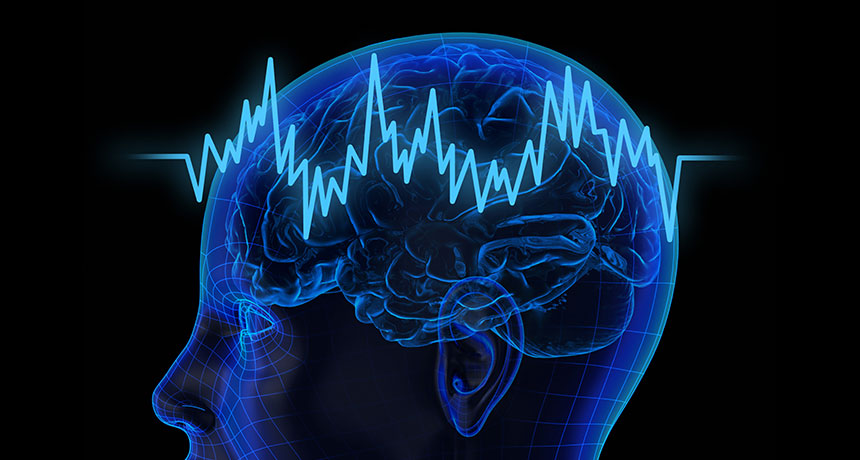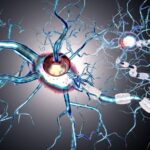As part of a study from the European College of Neuropsychopharmacology associated with the 33rd ECNP Congress Virtual, researchers unveiled how measuring brainwaves during rapid eye movement (REM) sleep could predict the responsiveness of antidepressants, such as the highly prescribed selective serotonin reuptake inhibitors.
In the study, led by Thorsten Mikoteit of the University of Basel, 37 participants diagnosed with clinical depression were treated with antidepressants, however, 15 were included in a control group.
Among the participants, their brainwaves were evaluated during REM sleep, particularly for the physicians to closely evaluate their treatment response. The participants’ brainwaves were assessed within one week of starting their antidepressant treatment. If the treatment was not efficient, based on the brainwaves, the treatment was modified.
Using the standard Hamilton Depression Rating Scale, researchers strived to see the result of at least a 50 percent reduction in depressive symptoms.
According to their findings, after a span of five weeks with antidepressants, researchers determined that close to 88 percent of the participants experienced a positive response to treatment, in comparison to 20 percent belonging to the control group.
“This is a pilot study, but nevertheless it shows fairly significant improvements,” said Mikoteit, the study’s lead author.
“We have been able to show that by predicting the non-response to antidepressants we were able to adapt the treatment strategy more or less immediately: this enables us to significantly shorten the average duration between start of antidepressant treatment and response, which is vital especially for seriously depressed patients.”
The 33rd ECNP Congress Virtual is expected to run from September 12th to the 15th.


